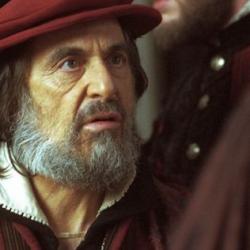To John Ruskin’s eye, the economists of his time (John Stuart Mill, e.g.) had a reductive understanding of human nature. According to the economists, “The social affections . . . are accidental and disturbing elements in human nature; but avarice and the desire for progress are constant elements. Let us eliminate the inconstants, and, considering the human being merely as a covetous machine, examine by what laws of labour, purchase, and sale, the greatest accumulative result in wealth is attainable. Those laws once determined, it will be for each individual afterwards to introduce as much of the disturbing affectionate element as he chooses, and to determine for himself the result on the new conditions supposed” (quoted in Bruni and Zamagni, Civil Economy, 44).
Theories built on such a basis must fail, because they miss the most important fact about human beings: “being . . . an engine whose motive power is a Soul, the force of this very peculiar agent, as an unknown quantity, enters into all the political economists’ equations, without his knowledge, and falsifies every one of their results. The largest quantity of work will not be done by this curious engine for pay, or under pressure, or by help of any kind of fuel which may be applied by the cauldron. It will be done only when the motive force, that is to say, the will or spirit of the creature, is brought to its greatest strength by its own proper fuel; namely, by the affections” (quoted, 43).
As Bruni and Zamagni put it, workers aren’t affected only by carrot/stick incentives. Ruskin’s anthropology is more realistic: “honour and virtue can be as important as motivaters in ordinary economic settings, including factories” (44).















